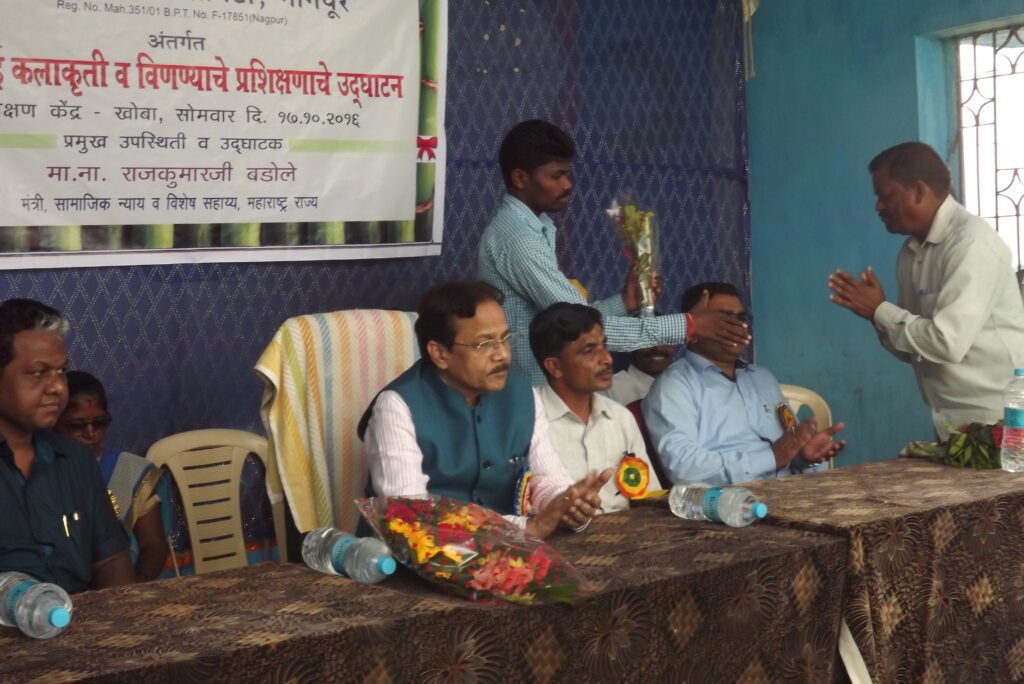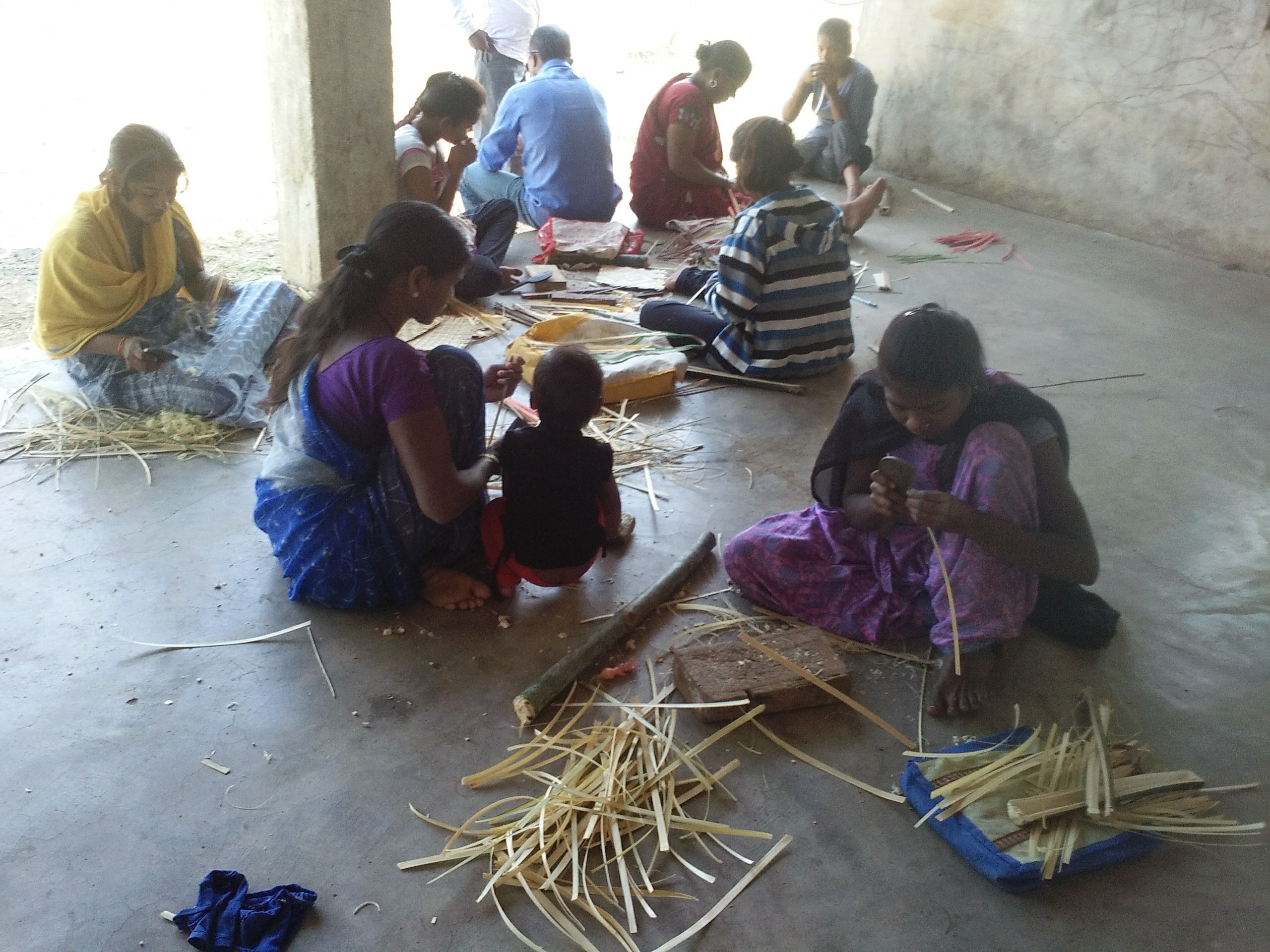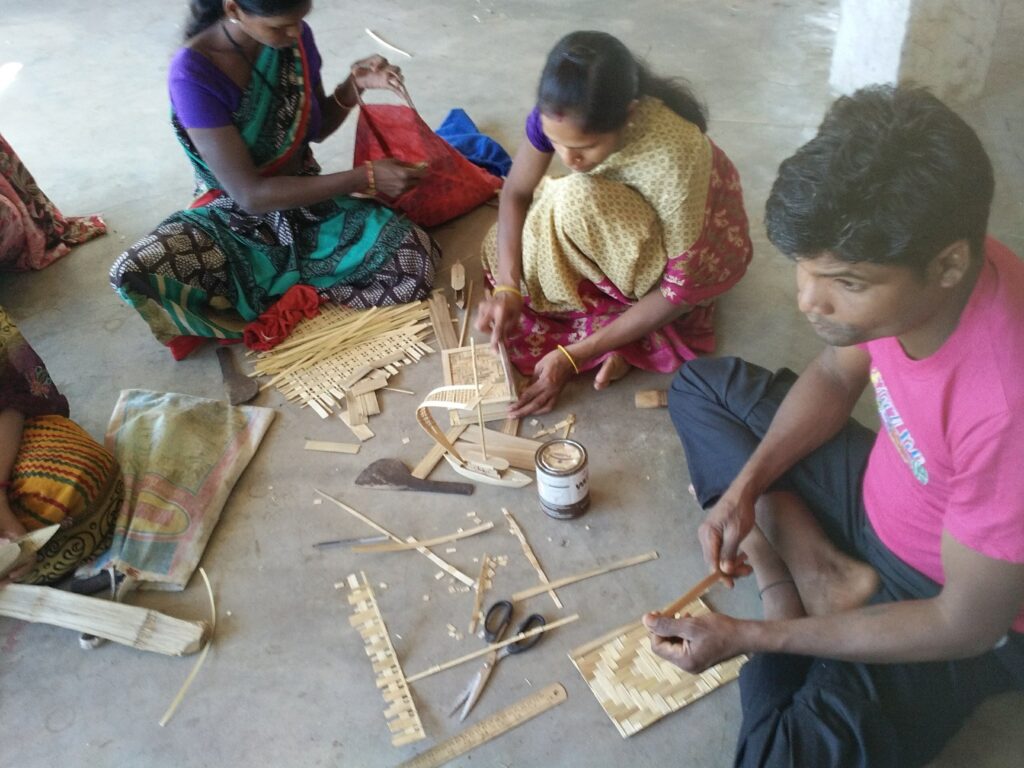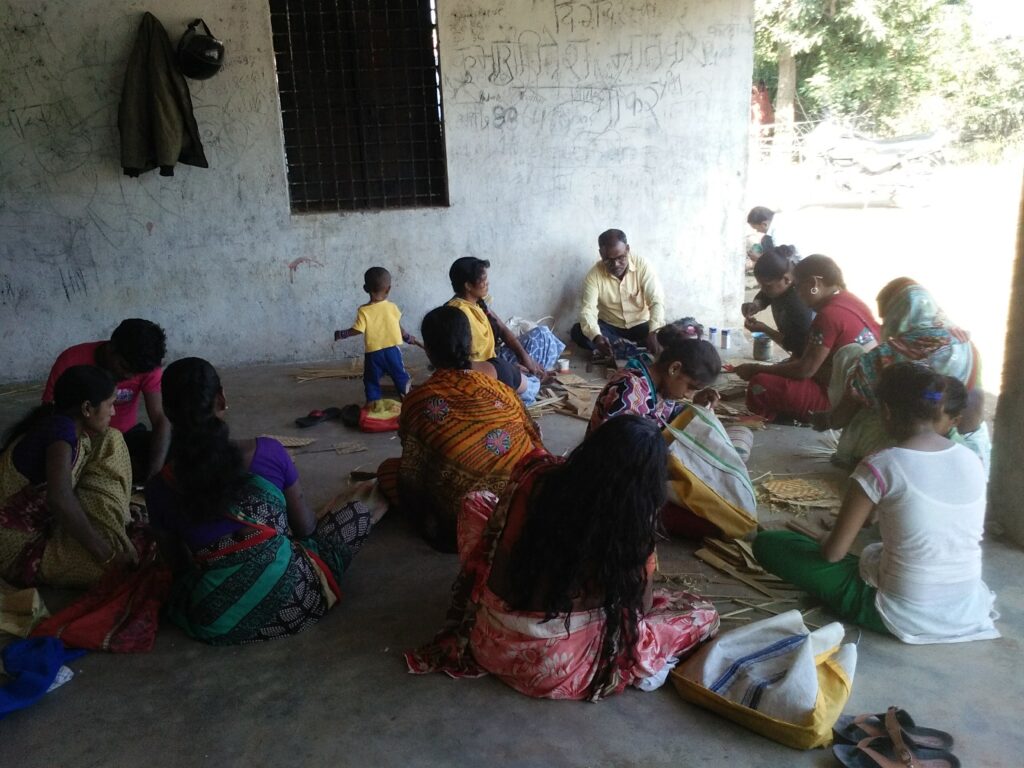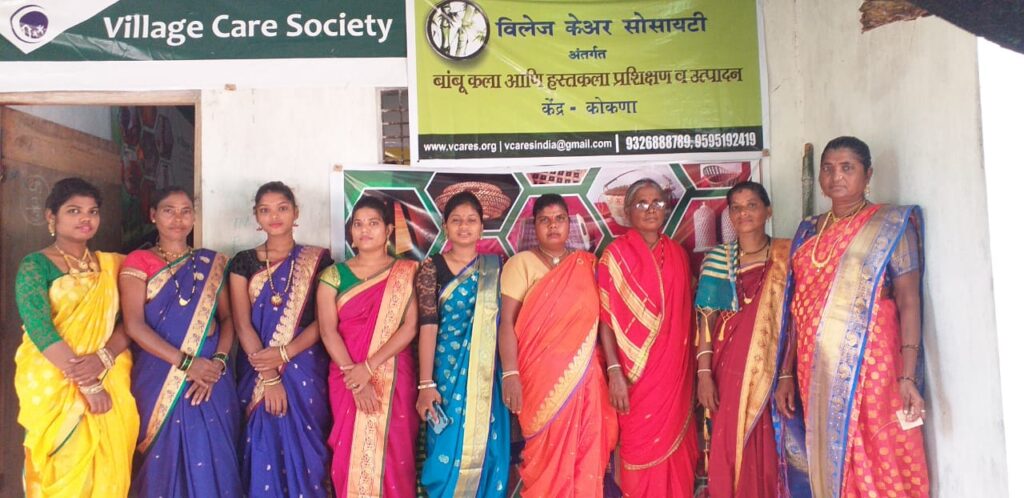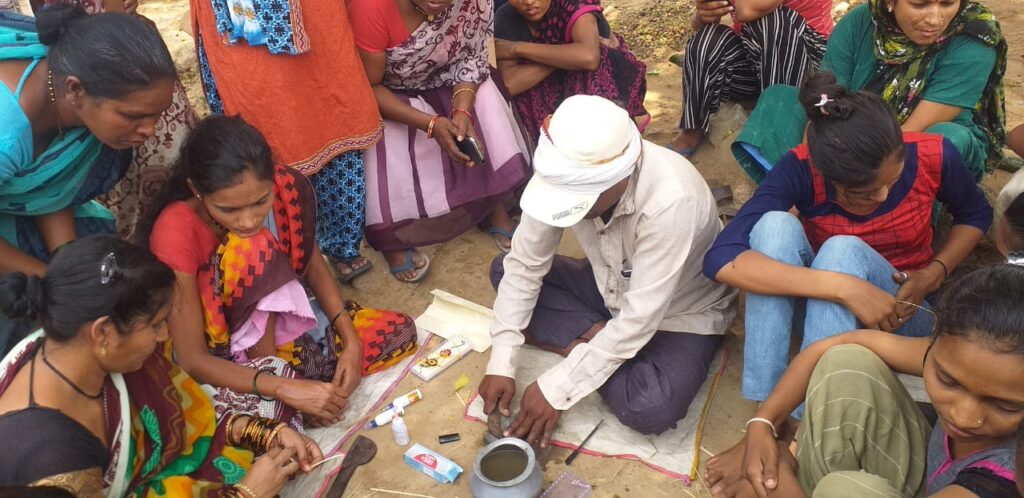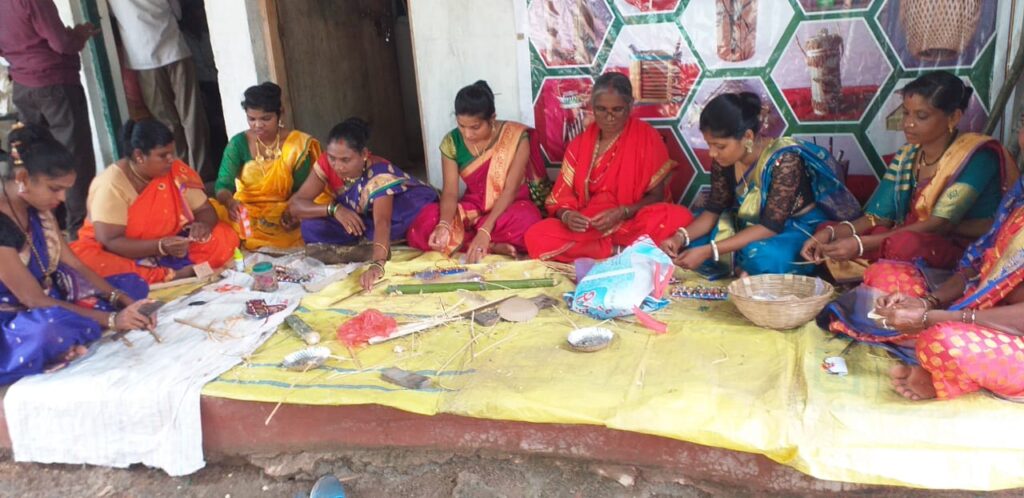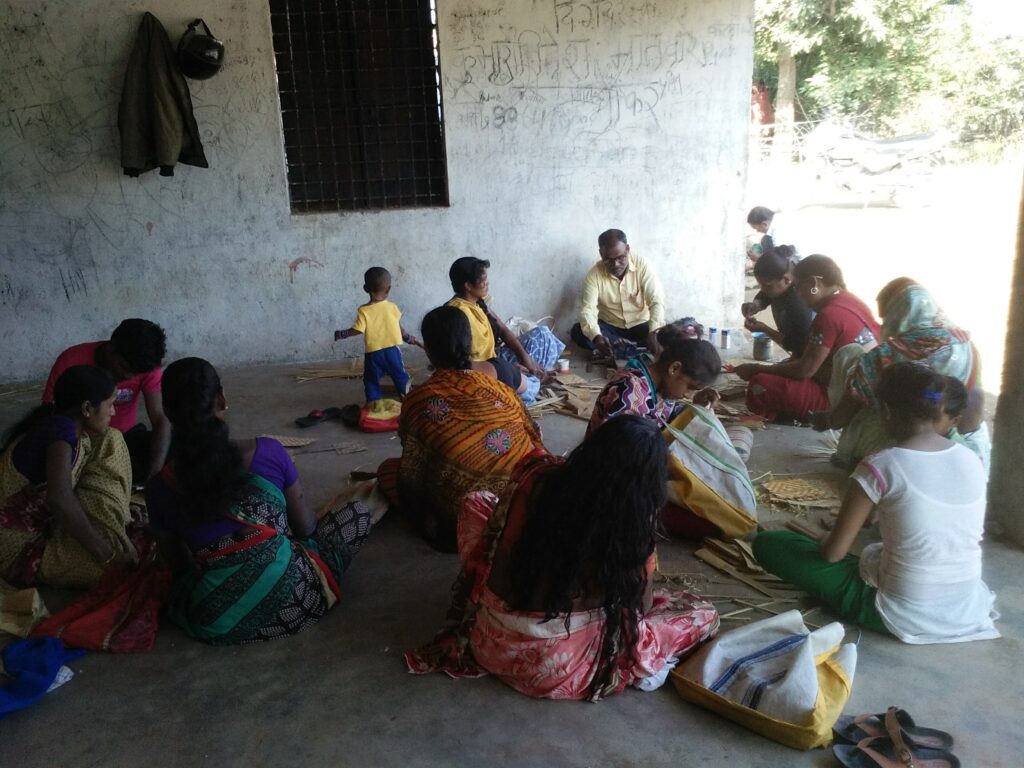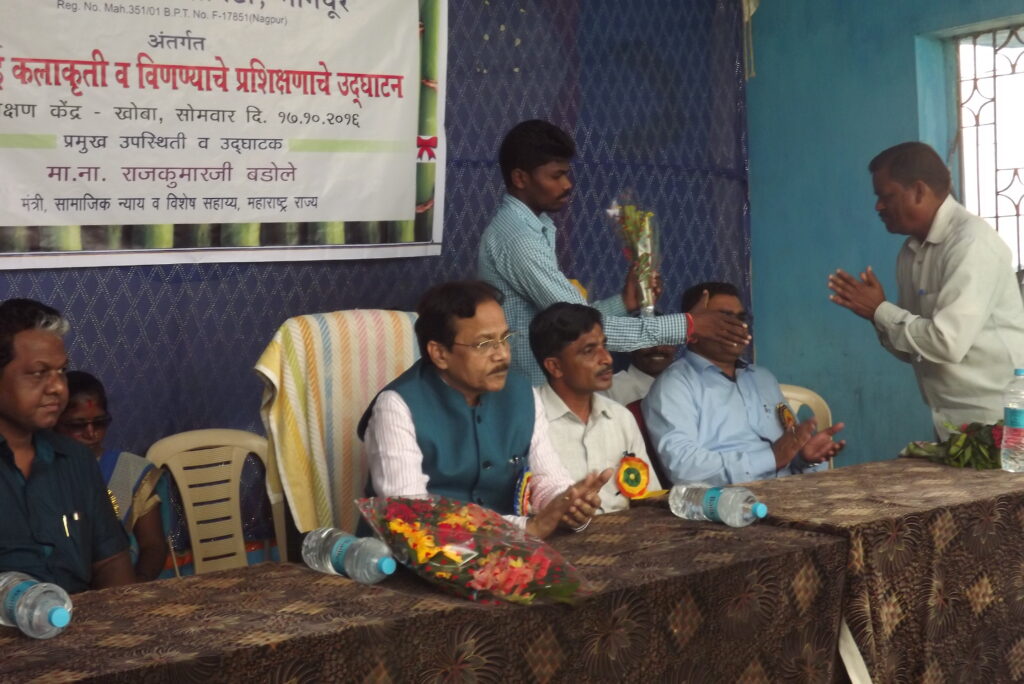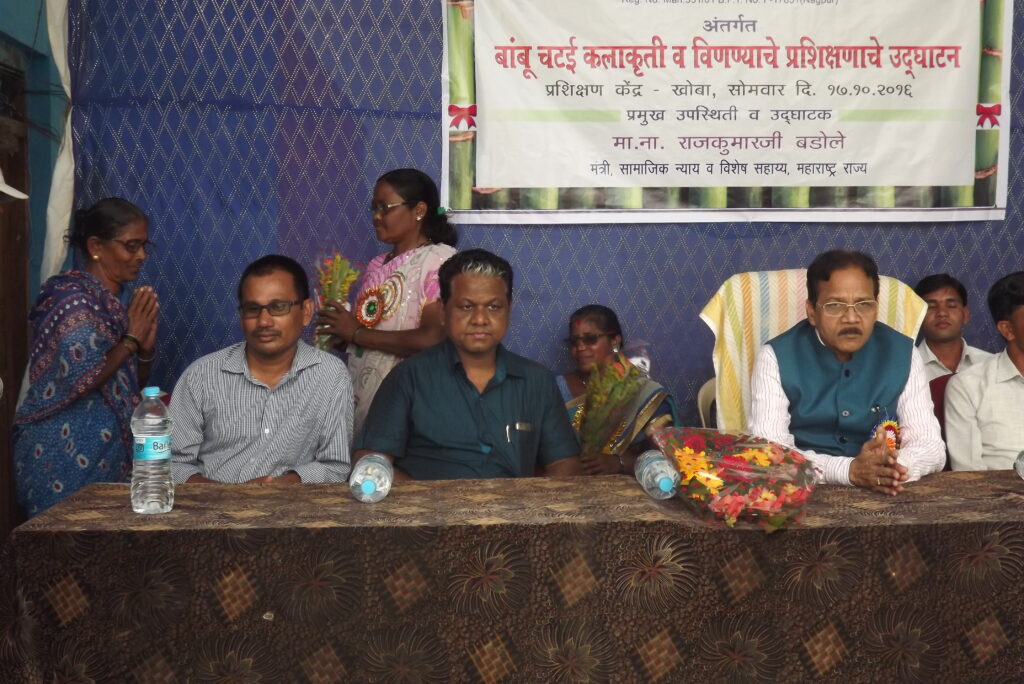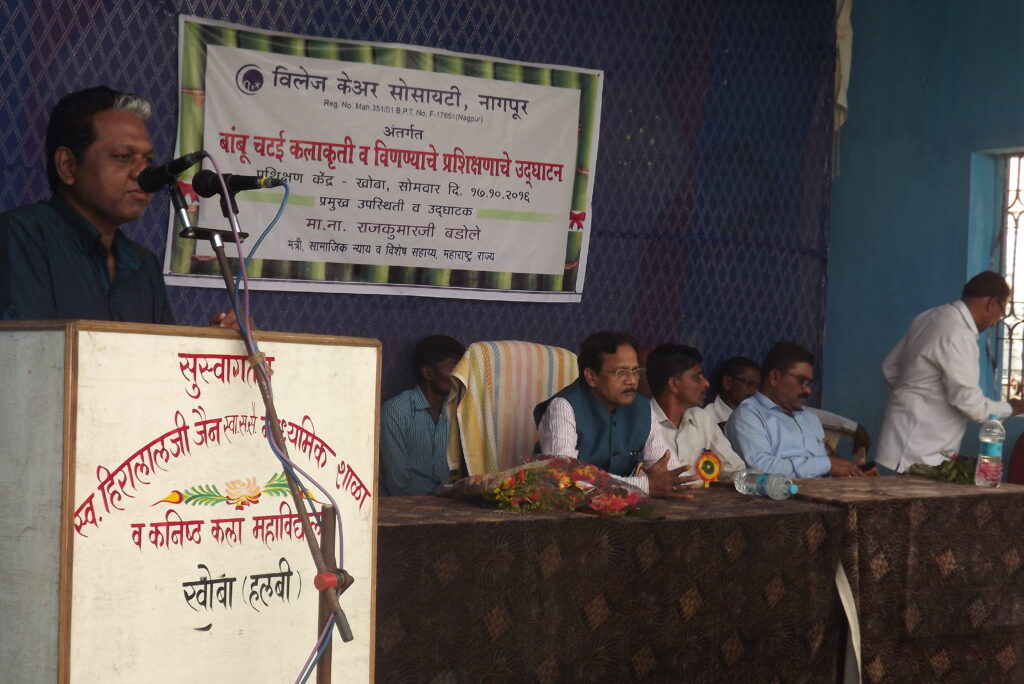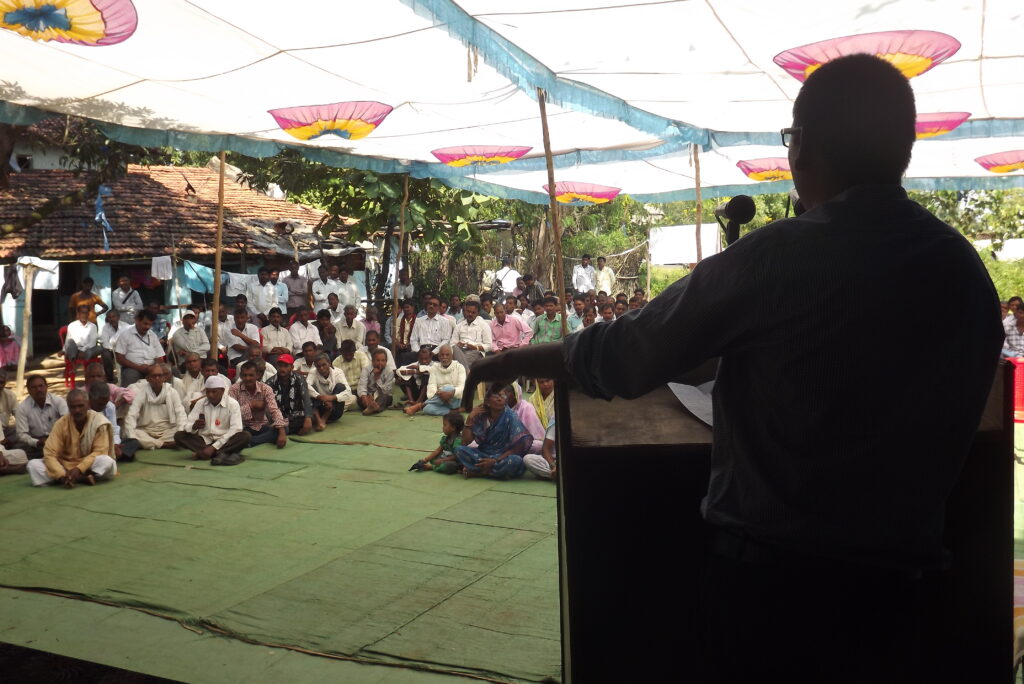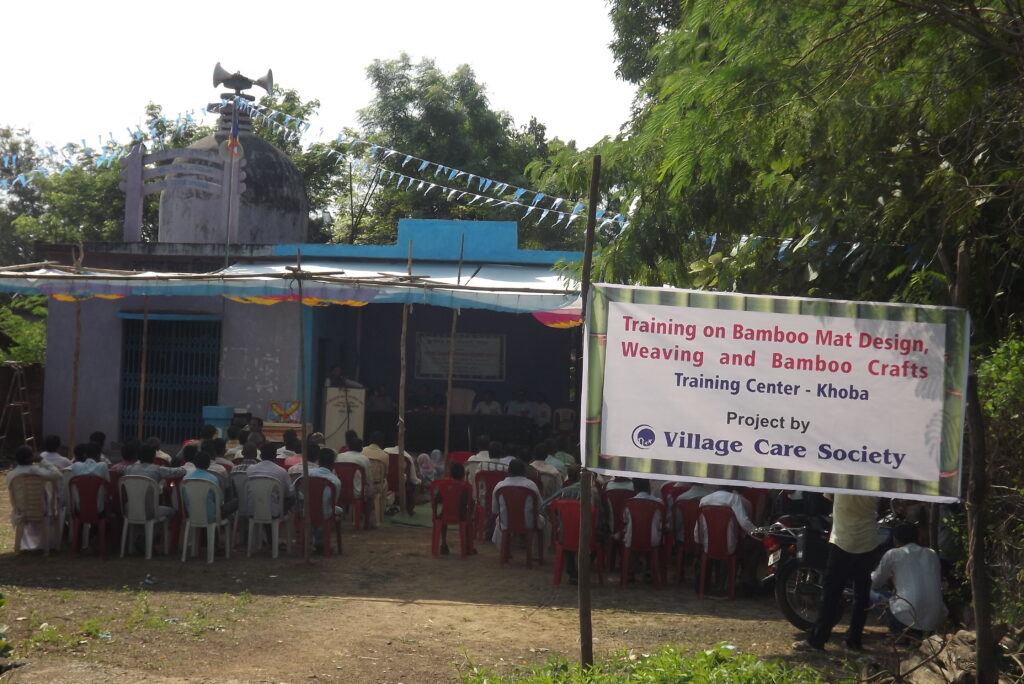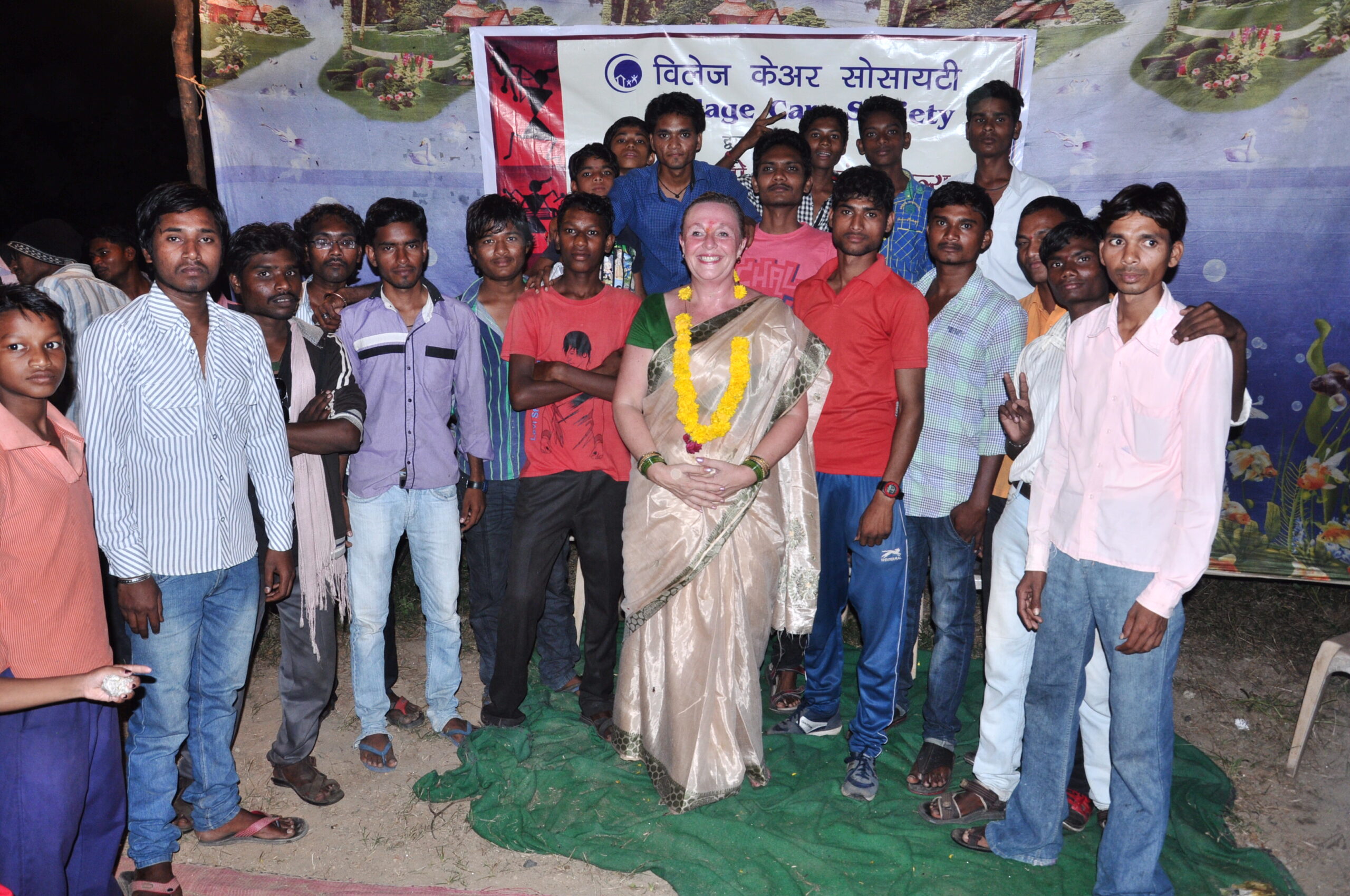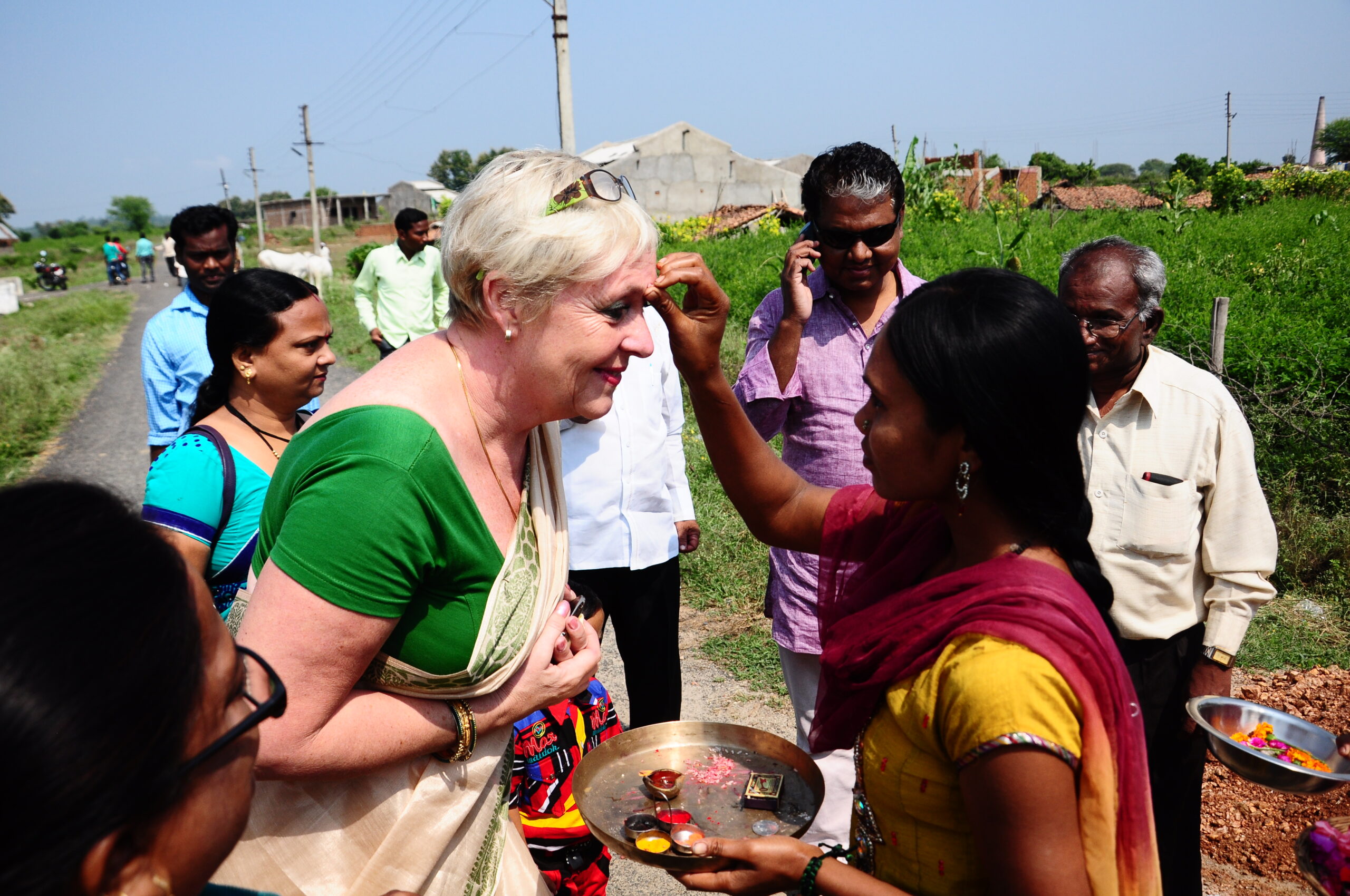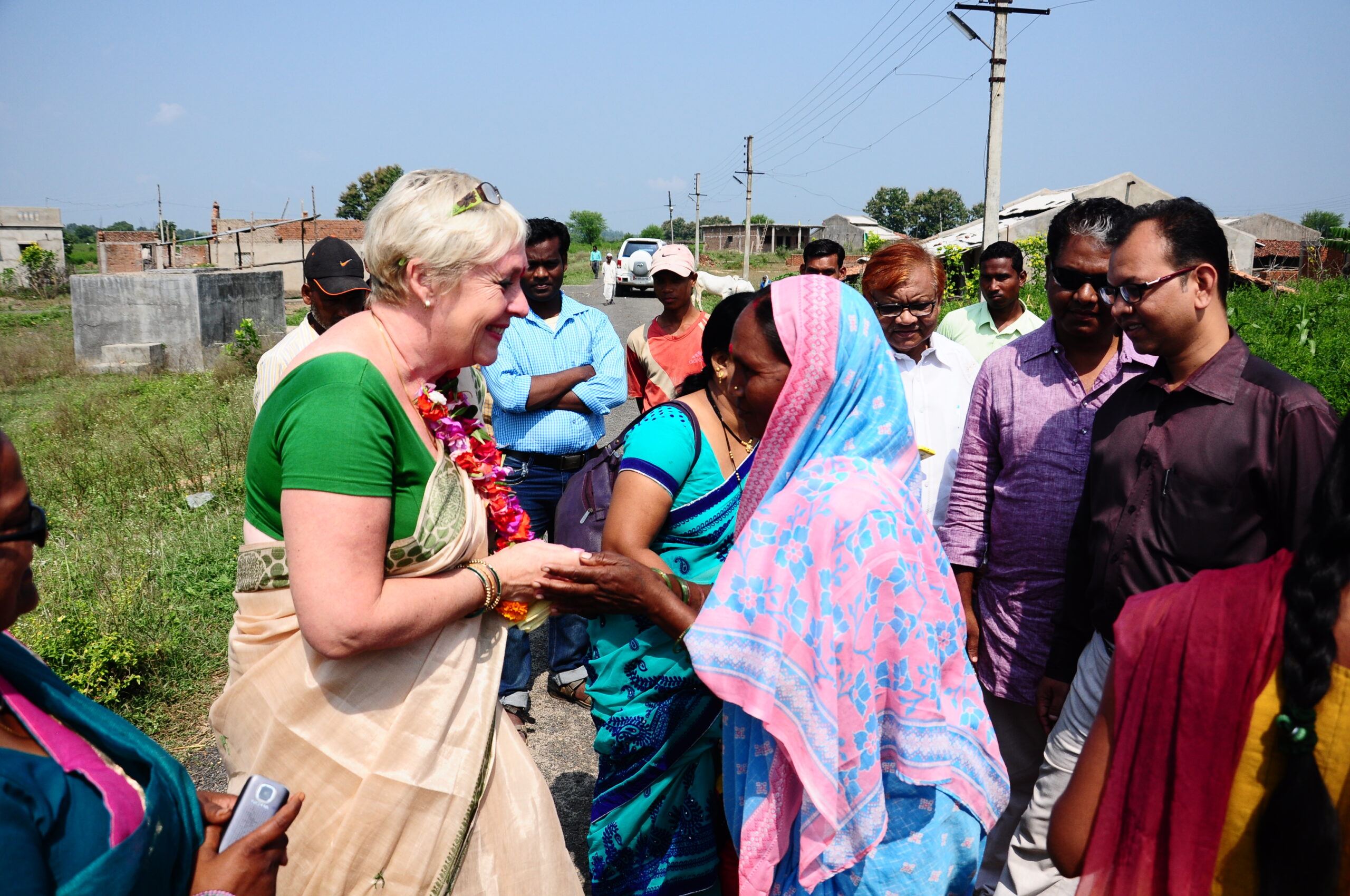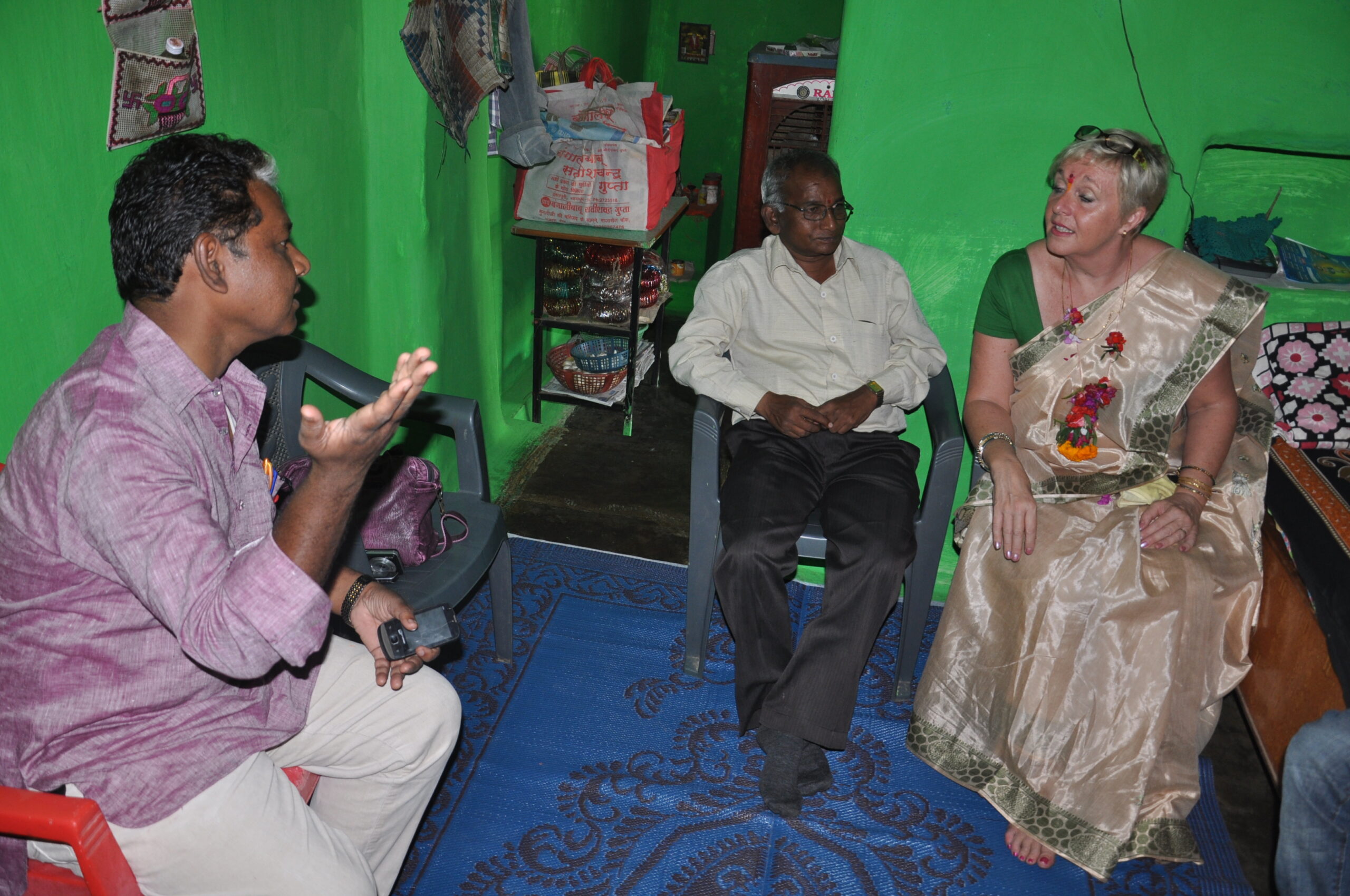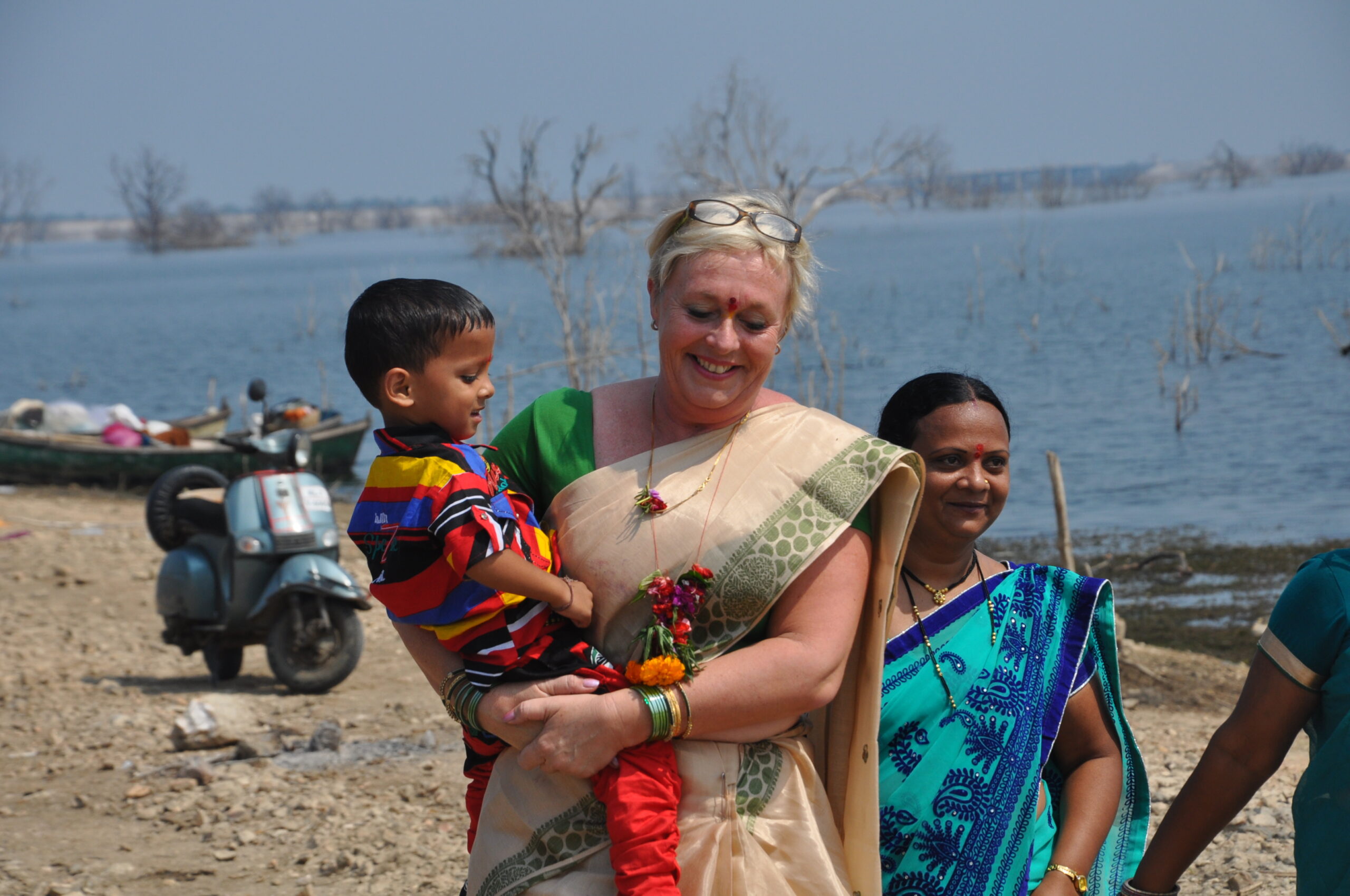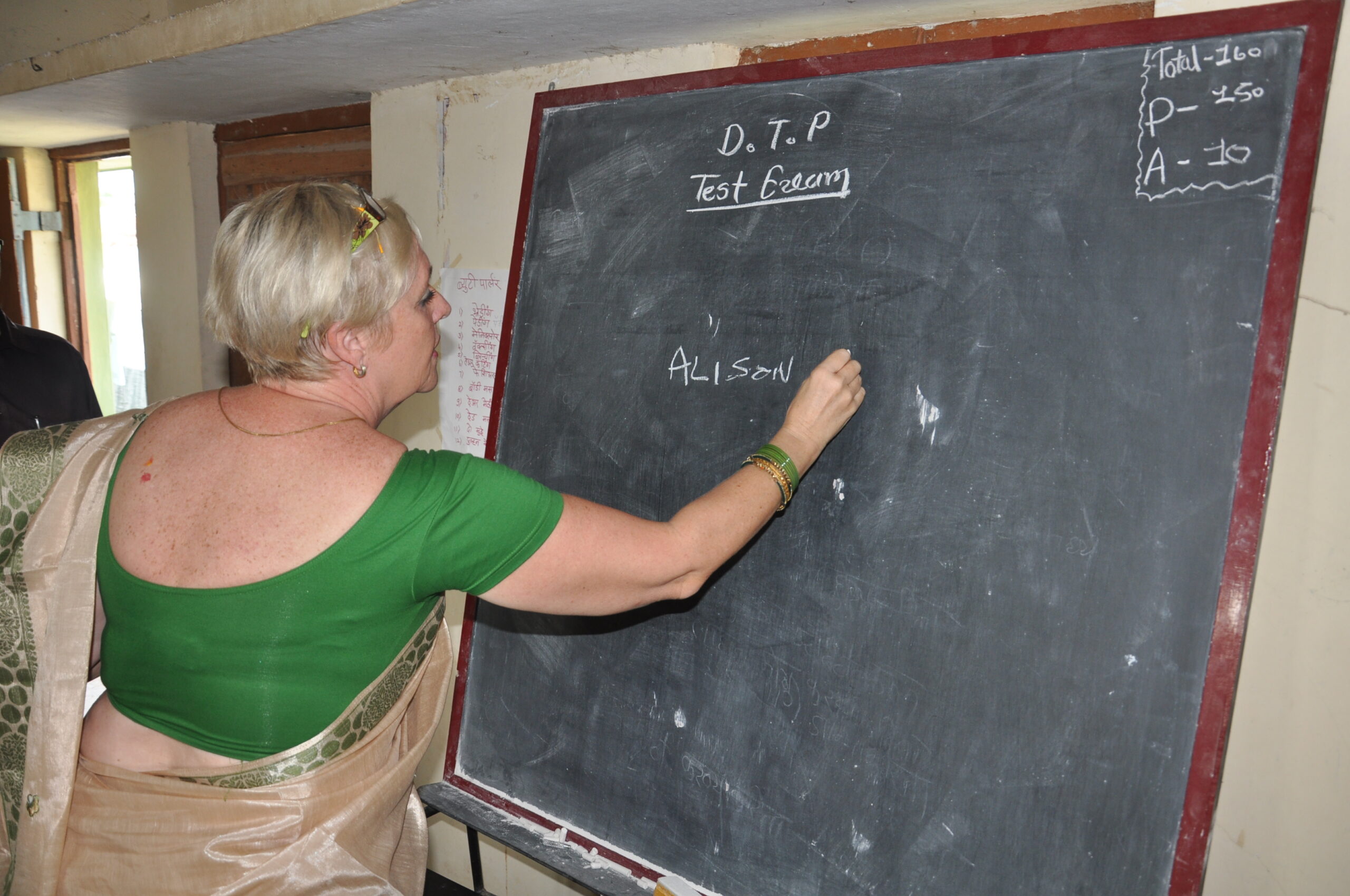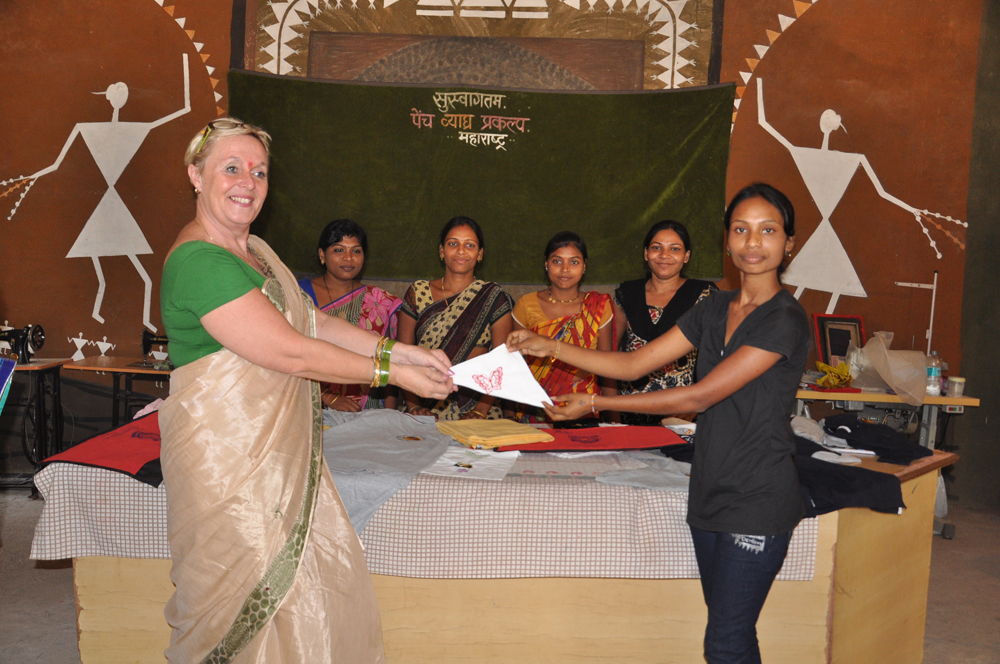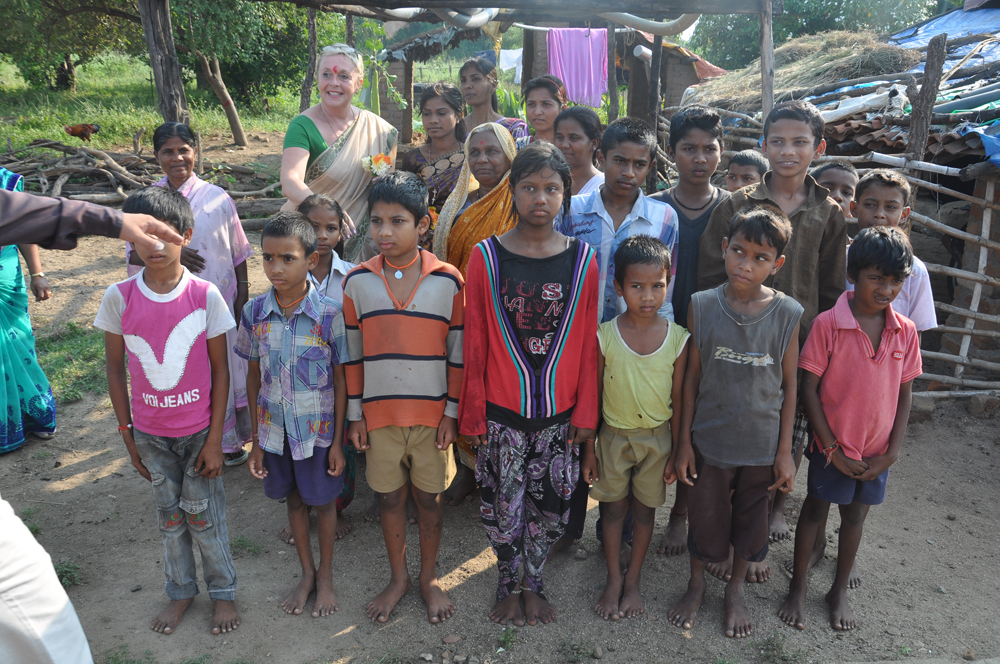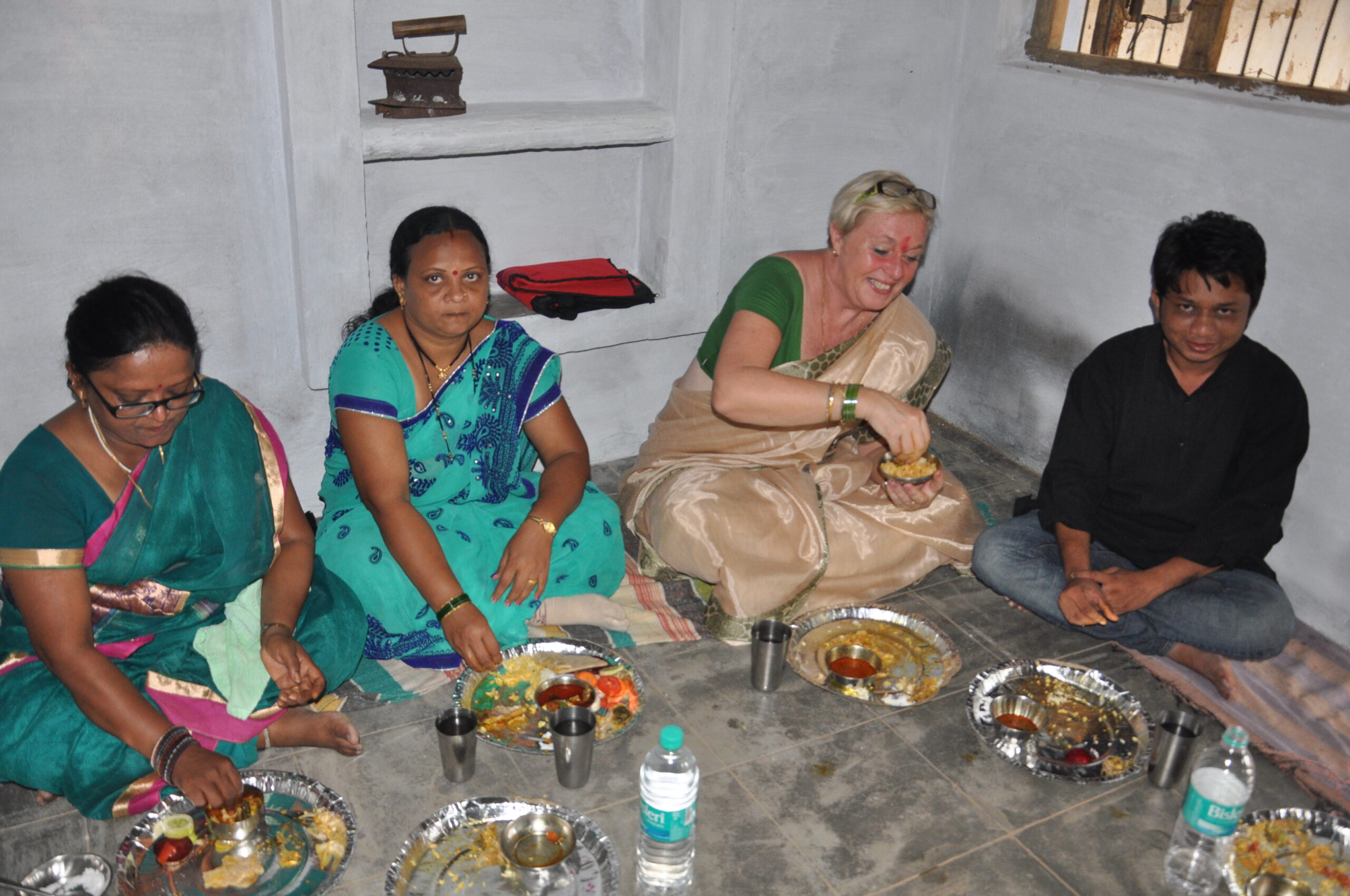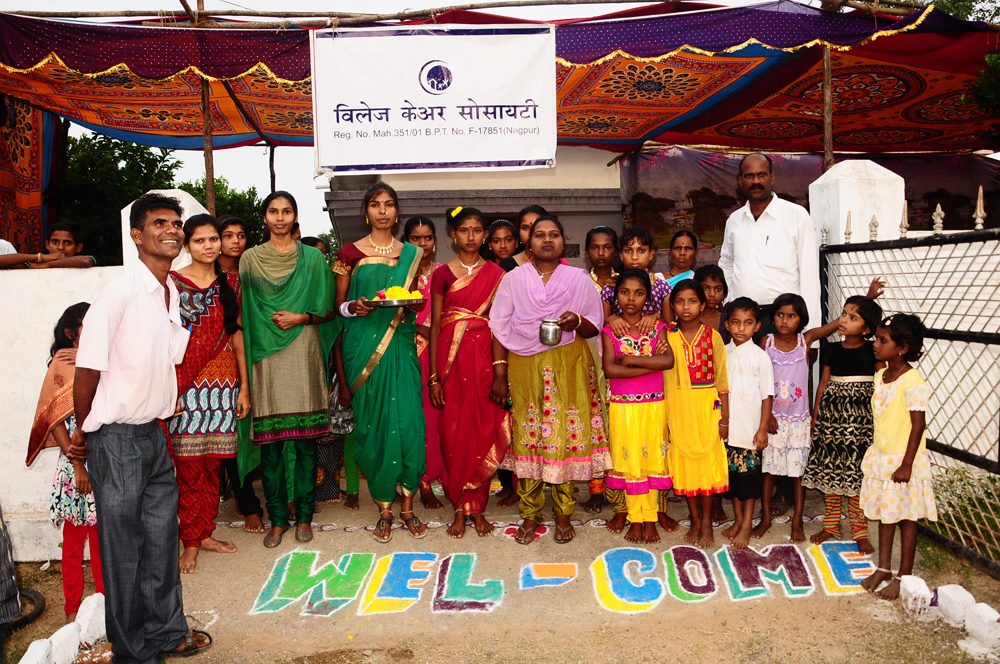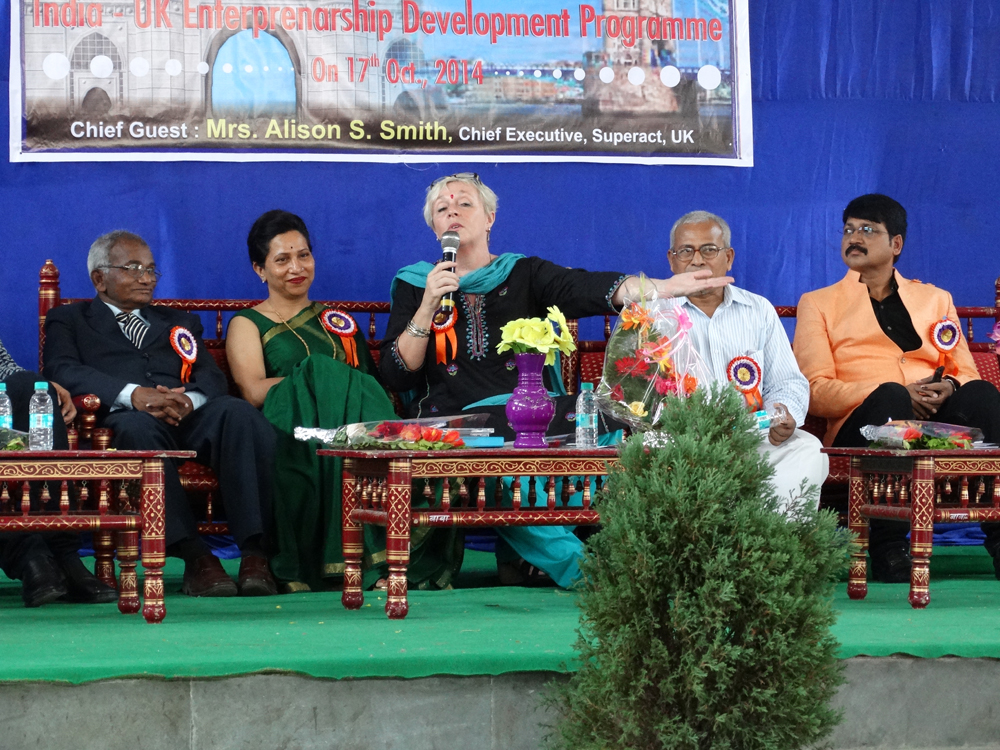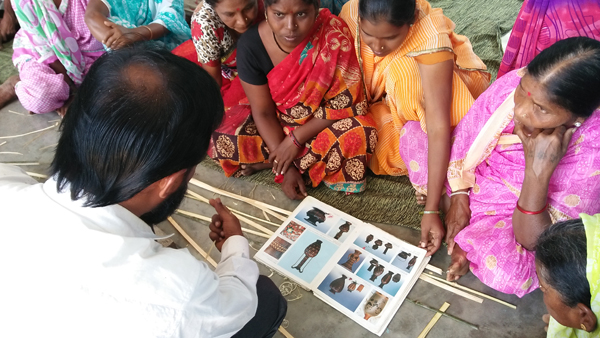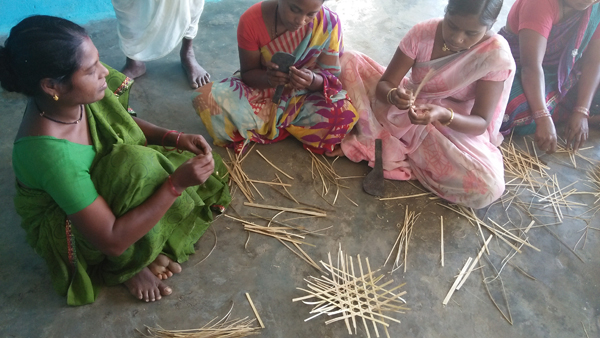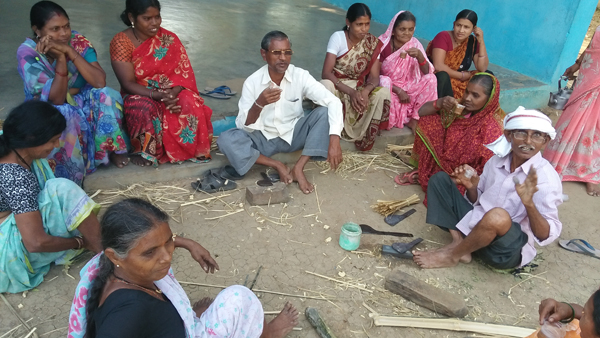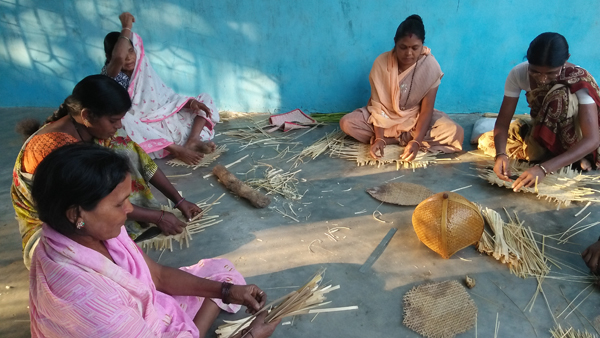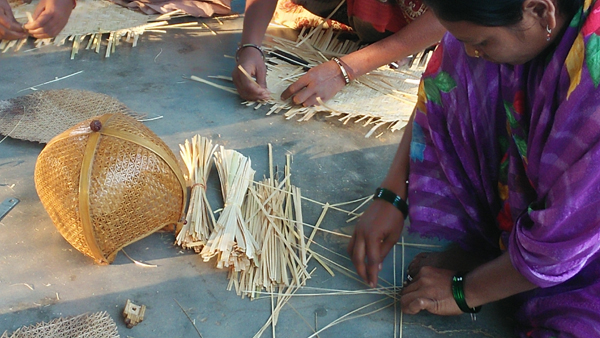
Livelihood
Village Care Society is deeply dedicated to promoting sustainable livelihood opportunities, empowering individuals with the skills and knowledge necessary for economic independence. The society runs specialized training and workshop centers that focus on various sectors, such as bamboo craftsmanship, garment production, and broader skill development. Through its Bamboo Training and Workshop Centers, Village Care Society nurtures traditional bamboo craftsmanship, teaching artisans modern techniques to enhance the quality and marketability of their products. This initiative not only preserves cultural heritage but also opens up new income opportunities for rural and tribal communities. Similarly, the Garment Training and Workshop Centers offer hands-on training in garment design, tailoring, and production, helping individuals—especially women—gain the skills required for employment or self-sufficiency in the fashion and textile industry. Additionally, the society operates Skill Development and Workshop Centers across various trades and vocations, providing practical training in fields such as carpentry, electrical work, and digital literacy. These initiatives are complemented by Awareness and Skill Development Workshops that aim to educate a large section of society about the importance of skill acquisition in improving livelihoods. Village Care Society's programs cater to marginalized groups, empowering them to break the cycle of poverty and secure stable, sustainable livelihoods. Through these efforts, Village Care Society plays a crucial role in uplifting communities, fostering entrepreneurship, and driving socio-economic progress. Village Care Society is committed to improving public health by offering comprehensive health services and educational initiatives that target underserved populations. As part of its mission to promote well-being, Village Care Society regularly organizes Health Checkup Camps that provide free medical consultations, screenings, and diagnostic services to a large section of society, particularly in rural and economically disadvantaged areas. These camps cover general health assessments, early detection of chronic diseases, and preventive care, helping individuals gain access to vital healthcare services they might otherwise miss. In addition to general health services, the society runs Eye Checkup Camps, aimed at preventing and treating vision-related issues. These camps offer free eye examinations, corrective lenses, and referrals for advanced treatments, addressing one of the most common yet neglected health issues in communities. By offering accessible vision care, Village Care Society helps improve the quality of life for those who suffer from visual impairments but lack access to proper healthcare. Alongside these medical services, Village Care Society emphasizes the importance of health education through Awareness Training and Workshops. These sessions educate the public on topics such as hygiene, nutrition, disease prevention, and mental health, empowering individuals to take proactive steps in maintaining their health. By integrating health checkups with awareness campaigns, Village Care Society not only addresses immediate healthcare needs but also fosters long-term health consciousness, driving a holistic approach to community well-being. Through these initiatives, the society plays a vital role in reducing health disparities and promoting a healthier, more informed population.

Bamboo Workshop And Training Program
The proposed area was once well known for the bamboo mat weaving activity. Bamboo mat weaving was the sole source of livelihood for majority of the population belonging to the underprivileged section in the area. The whole family was used to be engaged in this occupation of mat weaving and they never felt need f or migrating to other places or engaging in other labour activities. Such were the golden days of this occupation that nobody in the family ever felt need of seeking any other work outside the village. But, now it has declined so much that only rare families are found to be engaged in this activity and that too restricted to the older people. It has become impossible for the family to meet all their needs by solely depending on mat weaving work. Now, all the younger people are forced to work as a labourer in agriculture and allied sectors in the village e. Many times they have to migrate to faraway places because of the unavailability of employment opportunity in the vicinity. Nearly all the families have legal status as a bamboo artisan and have permit to avail about 1500 bamboo per year from the forest department at concessional rates.
Environment and livelihood
Biodiversity Documentation of biodiversity of rural areas is a challenging task. Answers to these issues are not easy. There are complex concerns and require carefully considered. The results could be used for providing capacity development programs for the local Biodiversity Management Committee and development of Peoples Biodiversity Register. Further these could be prioritized for notifying Community Reserves, Conservation Reserves or Biodiversity Heritage Site. It is necessary to have capacity building programs at four different levels, i.e. at State, District, Taluka and at village level. At State level a specialized training module is required for the subject experts in the state and also for the industries which are using bio resources on commercial basis. Majority of the biodiversity within the State is distributed in forest areas. However, it is also present in other than forest areas. The total forest cover in the State is about 20% of the total geographical land, Sustainable utilization of bio resources is a major function of government and hence has a direct role whereas agricultural area is almost 57% and about 23% area includes waste lands, grazing / pasture land, tree crops and groves, fallows etc. This shows that the majority of geographical area is outside the forest areas.


Women development
VCS are pushing for equal representation in politics, business, industry and throughout working life. VCS are pressing for equal pay and an equal opportunity to thrive. VCS are campaigning for equal parenting and caregiving and shared responsibilities at home to give everyone equal opportunities both in family life and in the workplace. VCS urge an education system that creates opportunities for all children and an understanding of why this matters. VCS strive for equal treatment of women by and in the media. VCS seek an end to violence against women.

